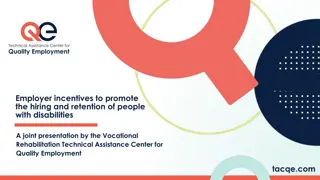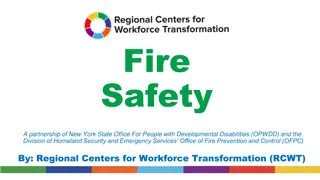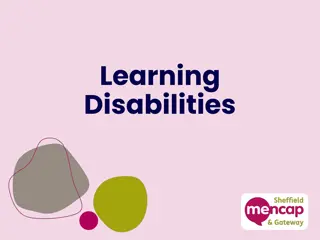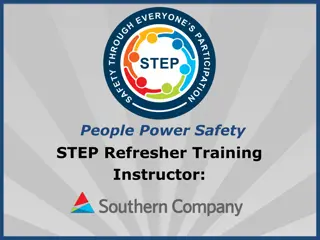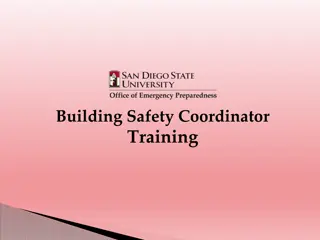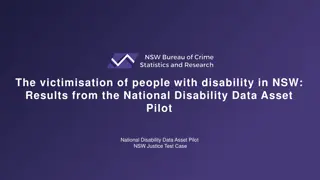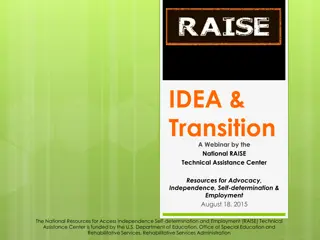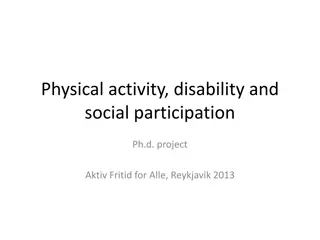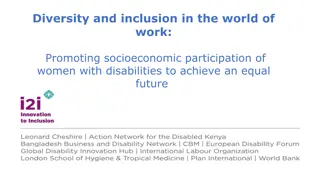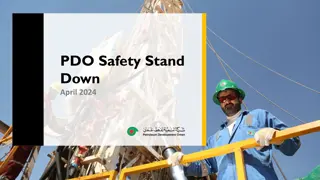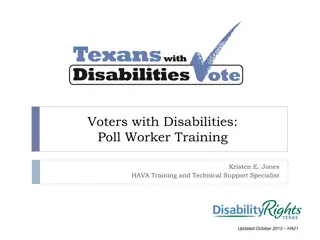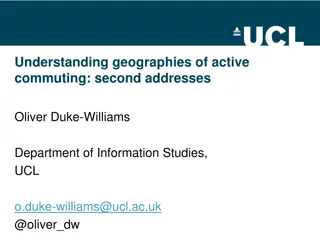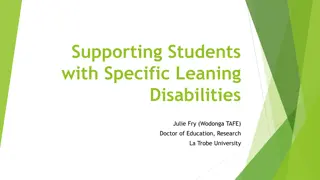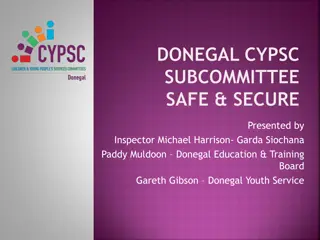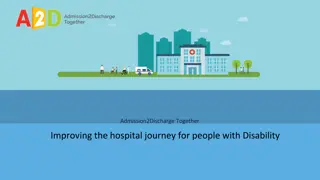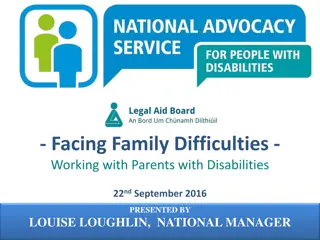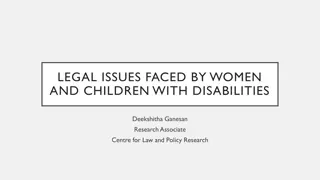Garda Responses to People with Disabilities: Everyday Geographies of Safety and Unsafety
This study delves into the interactions between people with disabilities and An Garda Síochána in Ireland, exploring experiences of safety, crime victimization, communication barriers, and attitudes towards disability. The findings highlight the need for improved disability awareness and communication within the police force to ensure the safety and well-being of individuals with disabilities.
Download Presentation

Please find below an Image/Link to download the presentation.
The content on the website is provided AS IS for your information and personal use only. It may not be sold, licensed, or shared on other websites without obtaining consent from the author.If you encounter any issues during the download, it is possible that the publisher has removed the file from their server.
You are allowed to download the files provided on this website for personal or commercial use, subject to the condition that they are used lawfully. All files are the property of their respective owners.
The content on the website is provided AS IS for your information and personal use only. It may not be sold, licensed, or shared on other websites without obtaining consent from the author.
E N D
Presentation Transcript
Garda Responses to People with Garda Responses to People with Disabilities: Everyday Geographies of Disabilities: Everyday Geographies of Safety and Unsafety Safety and Unsafety Dr. Claire Edwards & Nicola Maxwell School of Applied Social Studies/ISS21, UCC
Introduction Introduction People with disabilities, spaces and community safety The SAFE(R)SPACE study Attitudes towards & encounters with Garda Conclusion: implications for practice
About the SAFE(R)SPACE study About the SAFE(R)SPACE study How do issues of un/safety and hostility affect the everyday geographies & mobilities of people with disabilities in Ireland? 2 year qualitative study (2017-19). 54 participants with disabilities; 50 practitioners. 14 interviews with members of An Garda S och na.
Experiencing safety/unsafety Experiencing safety/unsafety Variable experiences of community safety Some people had been victims of crime: Verbal abuse on the street Theft: in public and home spaces Physical assault Domestic violence
People with disabilities encounter the Garda People with disabilities encounter the Garda Attitudes towards disability Communication barriers Not taking reports seriously Reluctance to contact the Garda
Garda views: disability & community safety Garda views: disability & community safety Variable knowledge about disability; lack of training. Disability access seen as a role for one person. Role of community policing activities. Local knowledge/connections with disability organisations.
Conclusions Conclusions Policy development: AGS Diversity & Integration Strategy 2019-2021 Addressing variable disability awareness amongst Garda . Addressing barriers around communication and access. A disability-aware community policing: re-thinking safety.
Contact Contact Dr. Claire Edwards: claire.edwards@ucc.ie Nicola Maxwell: n.maxwell@ucc.ie Twitter: @Claire_E_Ed @SAFERSPACE_UCC To find out more about the study: UCC Website - Institute for Social Science in the 21st Century (ISS21) Research Projects


